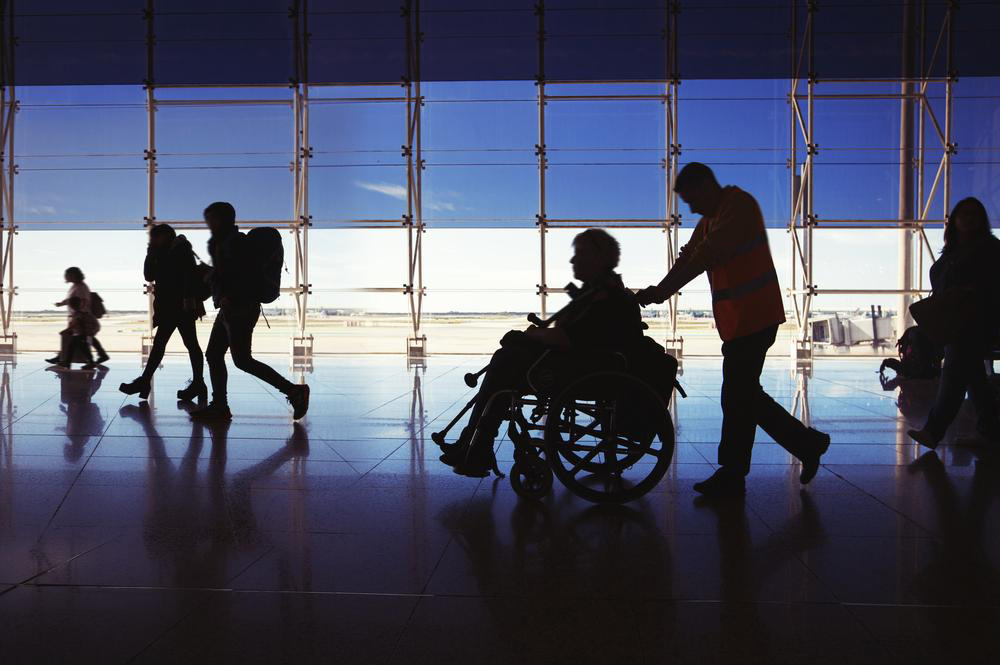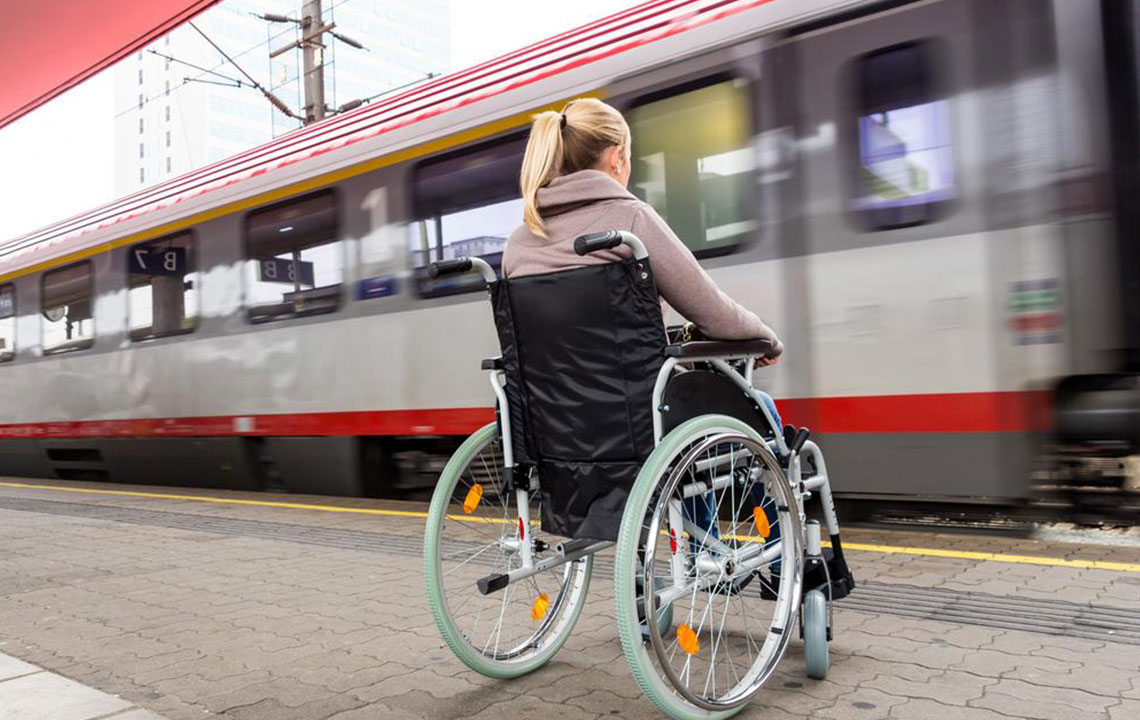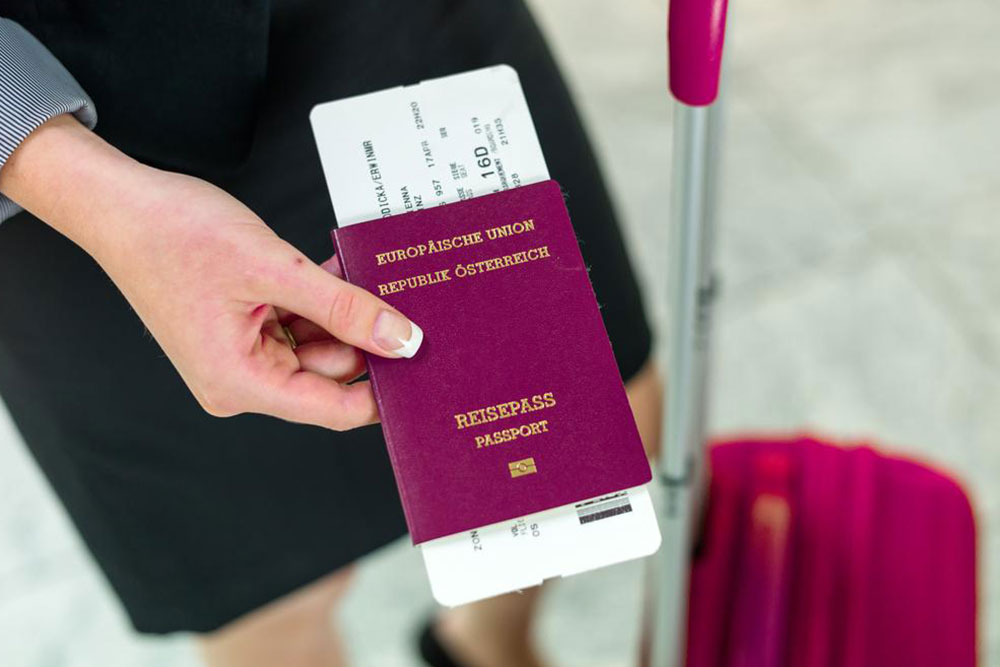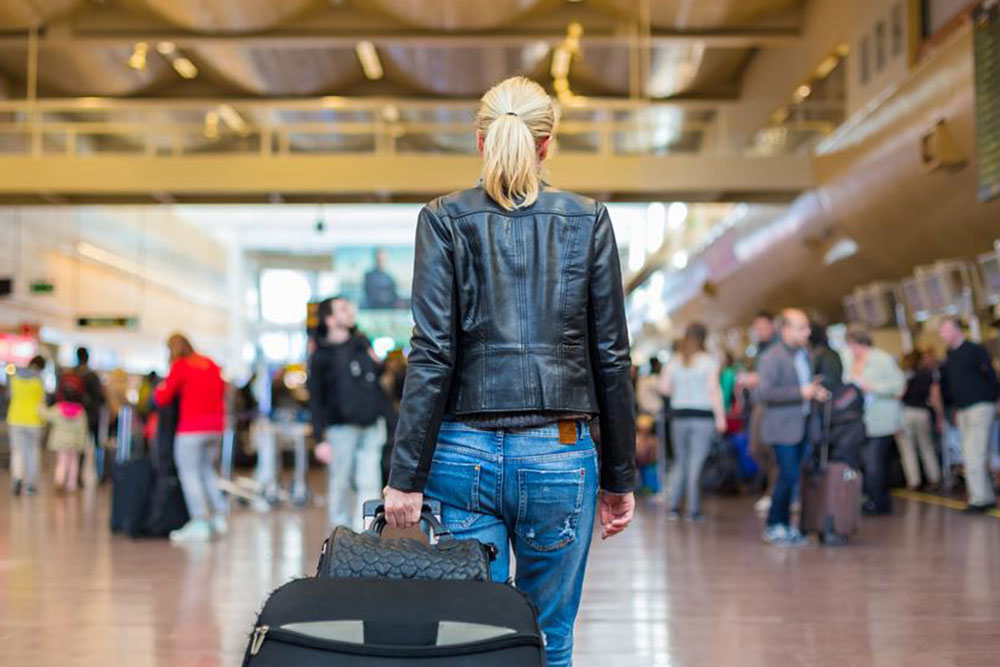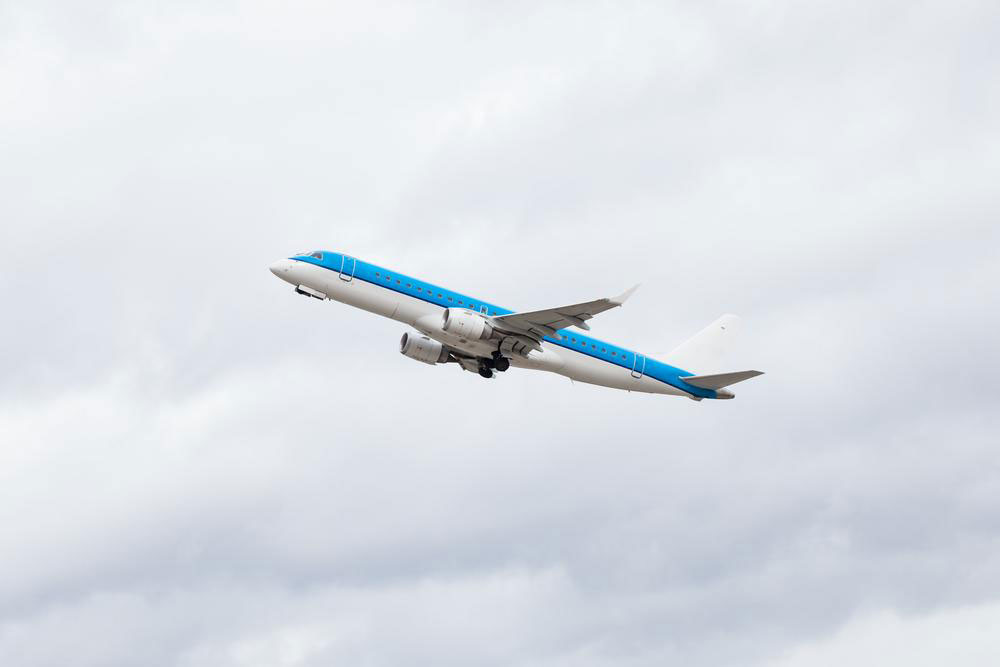A Guide to Air Travel Assistance for Travelers with Disabilities
This article offers essential tips for travelers with disabilities to navigate air travel smoothly. It covers airline assistance policies, seat arrangements, airport support, and onboard services, emphasizing the importance of planning and communication. Understanding airline procedures and support options can help ensure a secure, comfortable journey for differently-abled passengers, making air travel more accessible and enjoyable.
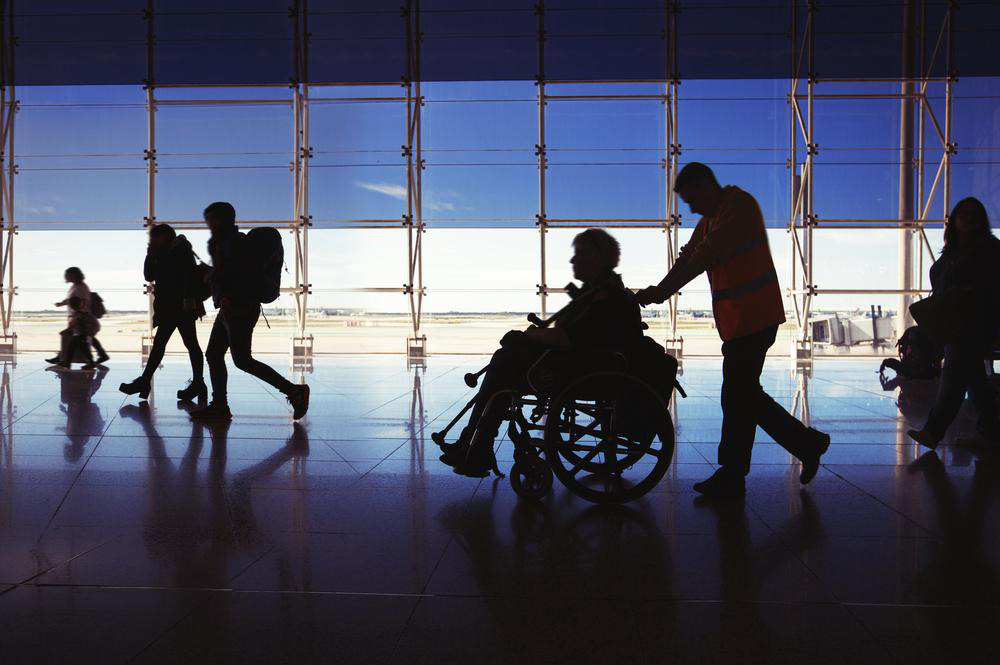
Air Travel Tips for Passengers with Special Needs
Traveling by air is a convenient option for individuals with disabilities, offering a comfortable long-distance journey. Despite some challenges, planning ahead can ensure a smoother experience. Airlines often provide specific services to accommodate special needs; understanding these can make your trip hassle-free. Before booking, verify the airline's assistance provisions, seat arrangements, and airport support to suit your requirements. Ensuring proper communication with the airline about your needs and understanding their policies can significantly enhance your travel experience.
Accessible Seating Arrangements: Ensure your chosen airline offers suitable seating options compatible with your mobility aids or specific needs. Confirm that assistance is available at both departure and arrival points, including support with boarding and seating, especially if you require specialized devices or accessible seats.
Pre-Flight Notification: Some airlines may require advance notice for special assistance requests, such as oxygen support or mobility aids. Check airline policies carefully and notify them ahead of your flight to ensure proper arrangements are made.
Traveling with Assistance Personnel: Confirm that your companion or attendant can sit next to you and receive necessary support throughout the journey. If you can travel independently, verify the airline's policies regarding medical documentation or independence requirements to avoid travel disruptions.
Airport Assistance: Most airlines provide wheelchairs and support staff for navigating airports. Clarify what assistance services are available for boarding, security, and transfers. Qualified staff should help you through security checks and provide necessary support for smooth transit.
Onboard Support: Whether traveling alone or with an aide, ensure the airline offers appropriate onboard accommodations. Ask about designated accessible seats and personalized safety briefings tailored to your needs to guarantee safety and comfort during flight.
Planning ahead by understanding airline assistance programs can significantly improve your travel experience as a differently-abled passenger.

